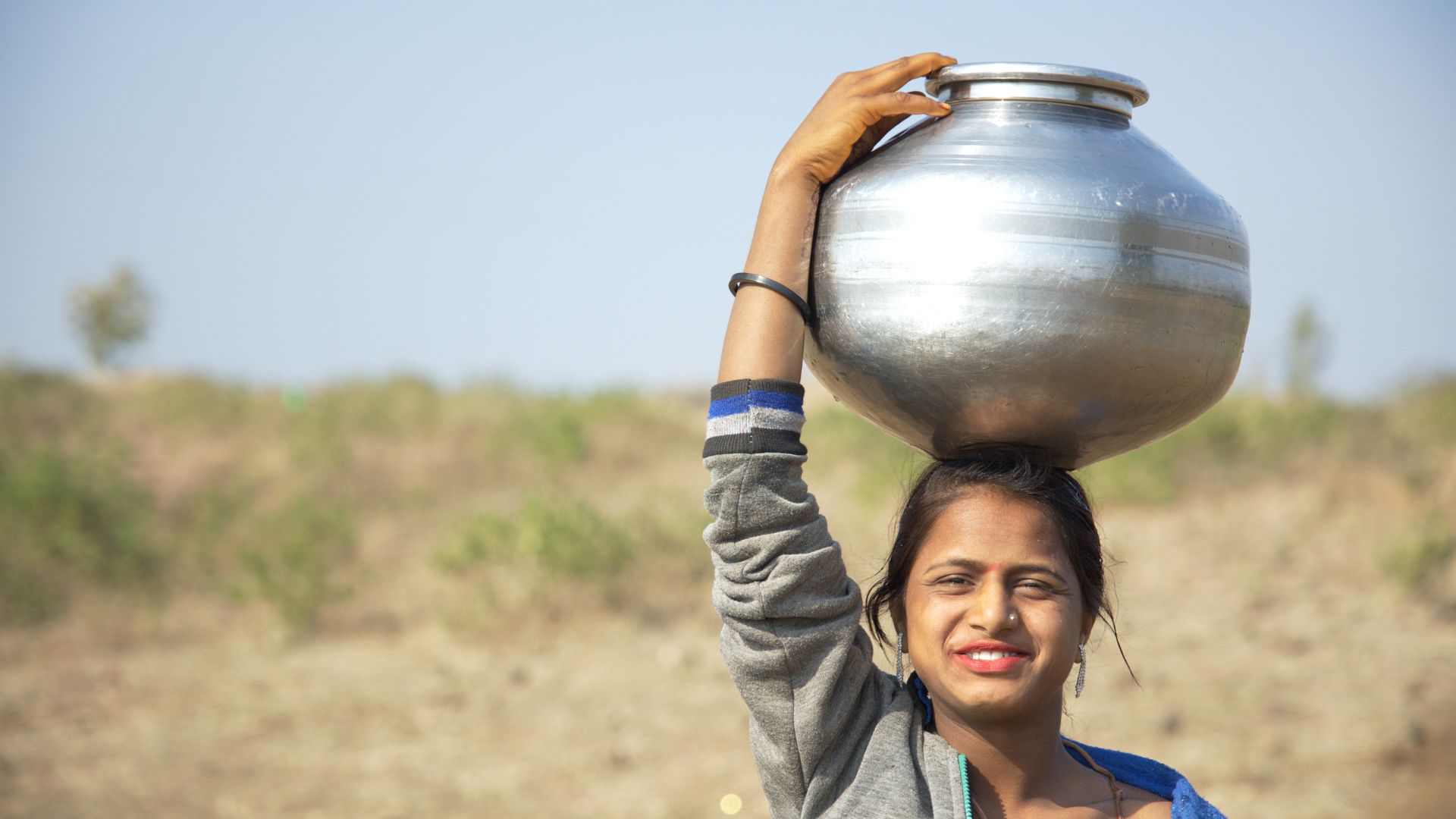ANCP Resources

Ramkanya, from the village of Mau in India, hopes to become a teacher. As well as studying at school, she helps her mother with fetching water for cooking food and rearing cattle. EFICOR has supported Ramkanya’s family by providing labour work which has helped them to earn an income, and purchase a goat for livelihood support. Photo: Lambard Regulus, EFICOR/Tearfund
The ANCP is a unique Australian development program. It is a partnership between the Australian Government and highly effective Australian Non-Government Organisations (NGOs). For over 45 years, this partnership has supported the most disadvantaged in communities around the world.
Read more about the ANCP Program here.
Documents of relevance to NGOs working within the Australian NGO Cooperation Program (ANCP) can be found below.
Criterion Based Assessment Framework
Download Criterion Based Assessment Framework
The CBAF for NGO modalities provides a structure for analysing the ANCP, other DFAT funded NGO programs and comparable donor NGO modalities.
Call for Written Submissions - Guidance Doc (March 2022)
Download Call for Written Submissions Guidance Document
The purpose of the evaluation is to assess the Australian NGO Cooperation Program (ANCP) as a modality. It seeks to identify ways to strengthen the management and implementation arrangements of the ANCP, particularly in response to the changing development and NGO context.
Consultation Communique (11 March 2022)
Download Consultation Communique March 2022
This is an update on the evaluation of the Australian NGO Cooperation Program (ANCP) to provide information about the data collection phase for ANCP NGO and local partner consultation
Draft Evaluation Plan (10 January 2022)
Your content goes here. Edit or remove this text inline or in the module Content settings. You can also style every aspect of this content in the module Design settings and even apply custom CSS to this text in the module Advanced settings.
Key Issues Paper (January 2022)
DownloadKey Issues Paper (January 2022) 20220110
Tetra Tech International Development has been engaged by the Department of Foreign Affairs and Trade (DFAT) to undertake an independent evaluation of the Australian NGO Cooperation Program (ANCP) to:
• assess the efficiency and relevance of the ANCP modality, including the capacity of the ANCP to adapt and respond to emerging trends and issues in the international development and NGO sectors
• assess the effectiveness of the ANCP modality in facilitating Australian NGOs (ANGOs) and DFAT to achieve or contribute to development outcomes
• make recommendations for improvements to the management and the implementation of the ANCP in the context of the changing development and NGO sector policy and operating environment.
Information Sheet (13 December 2021)
ANCP Evaluation Information Sheet
The evaluation team is currently working to develop an Evaluation Plan and Key Issues Paper. In late 2021 a purposive sample of NGOs will be invited to participate in some initial focus groups to help inform the team’s planning and to clarify the most relevant issues for the future of the program. The available times will be provided by separate email.
Final Evaluation Plan
Download the Final Evaluation Plan
The Evaluation Plan has been developed by the Tetra Tech evaluation team with input from DFAT and the Development Practice Committee (DPC) of the Australian Council for International Development (ACFID). The document builds on the evaluation team’s proposal and addresses the Terms of Reference (ToR) by providing
specific details on how the evaluation will be implemented. This includes details on the approach, methodology, tools and how the work will be allocated among team members.
Stakeholder Engagement and Communication Plan
Download Stakeholder Engagement CommunicationPlan
The evaluation seeks to identify ways to strengthen the management and implementation arrangements of the ANCP, particularly in response to the changing
development and NGO context. The evaluation is primarily formative; however, a secondary summative focus will also assess high-level impacts of the ANCP








